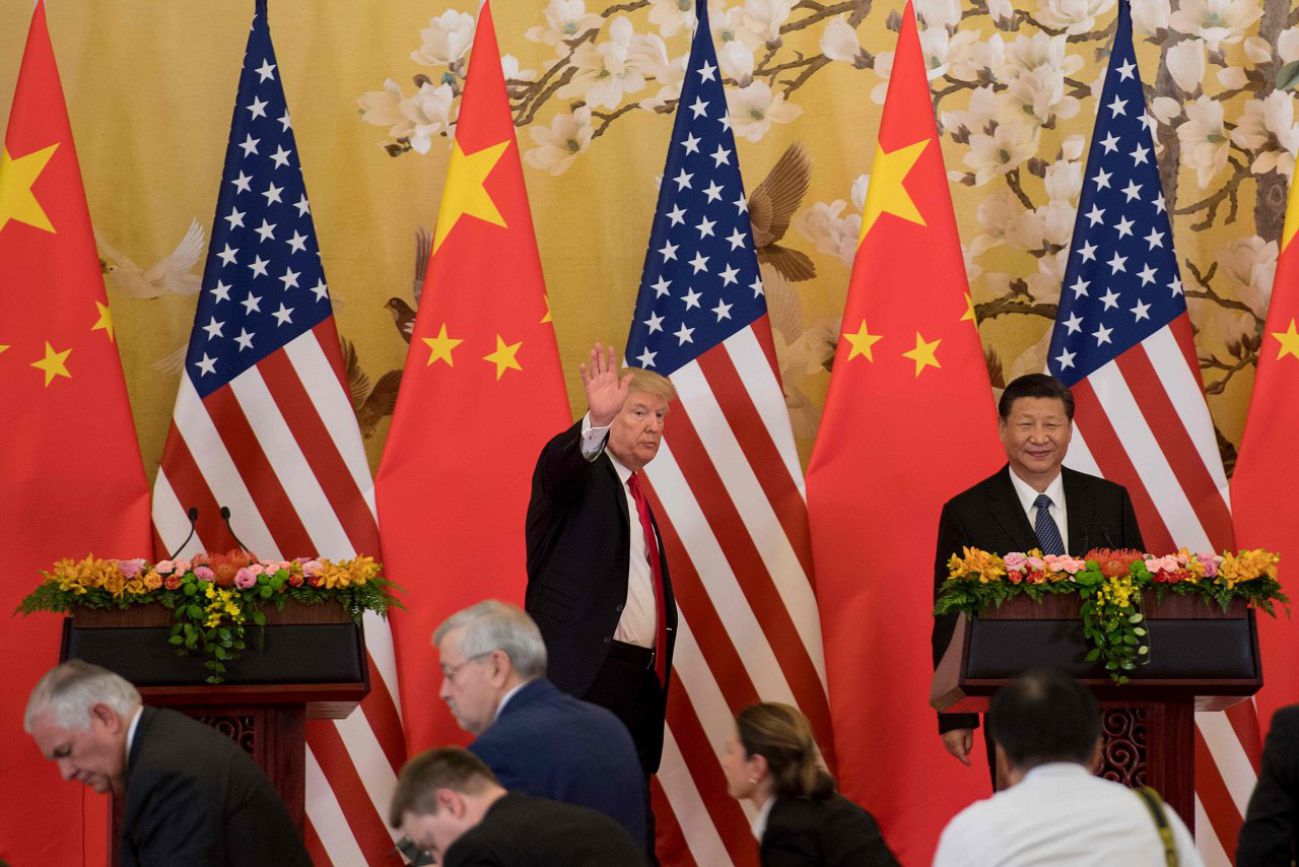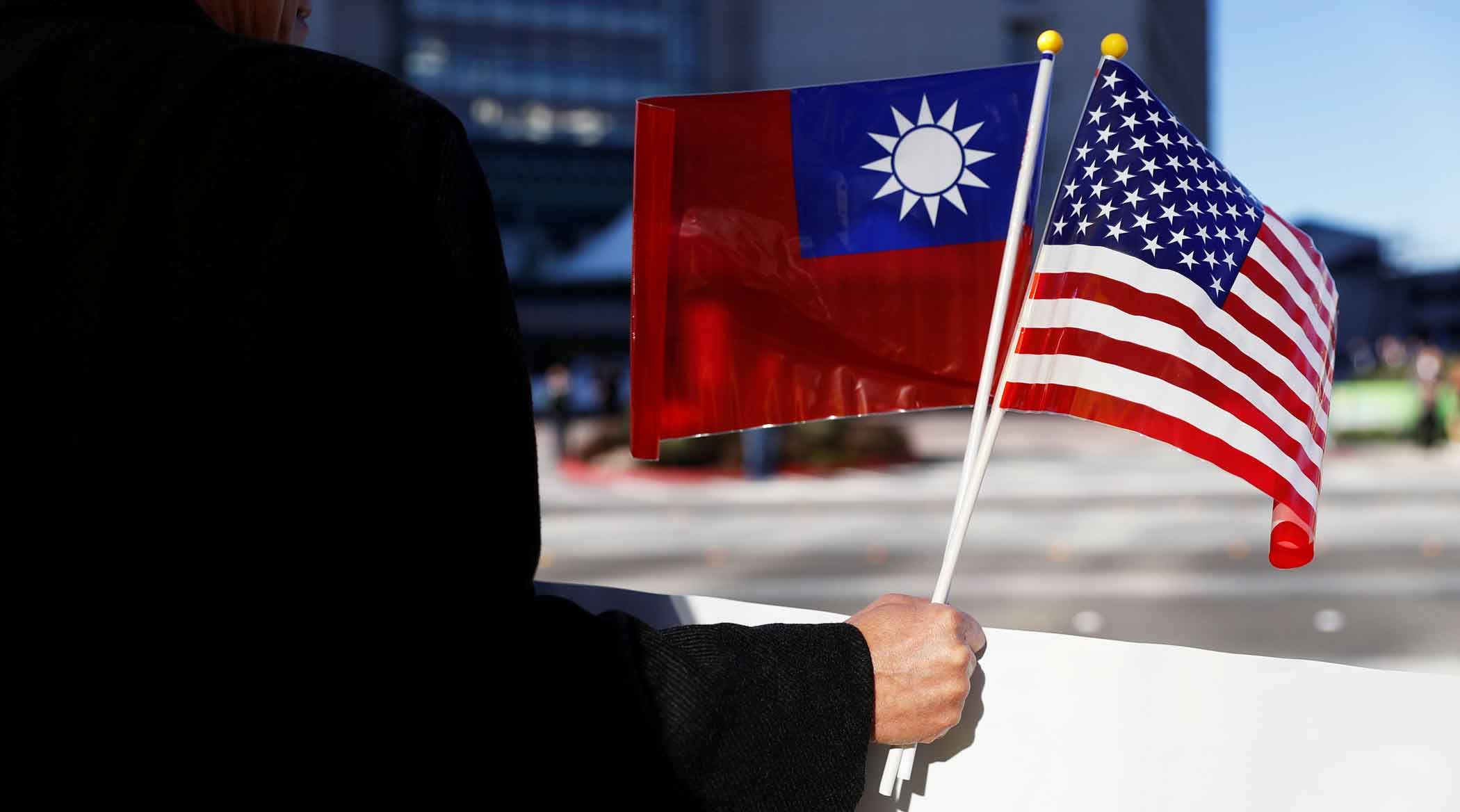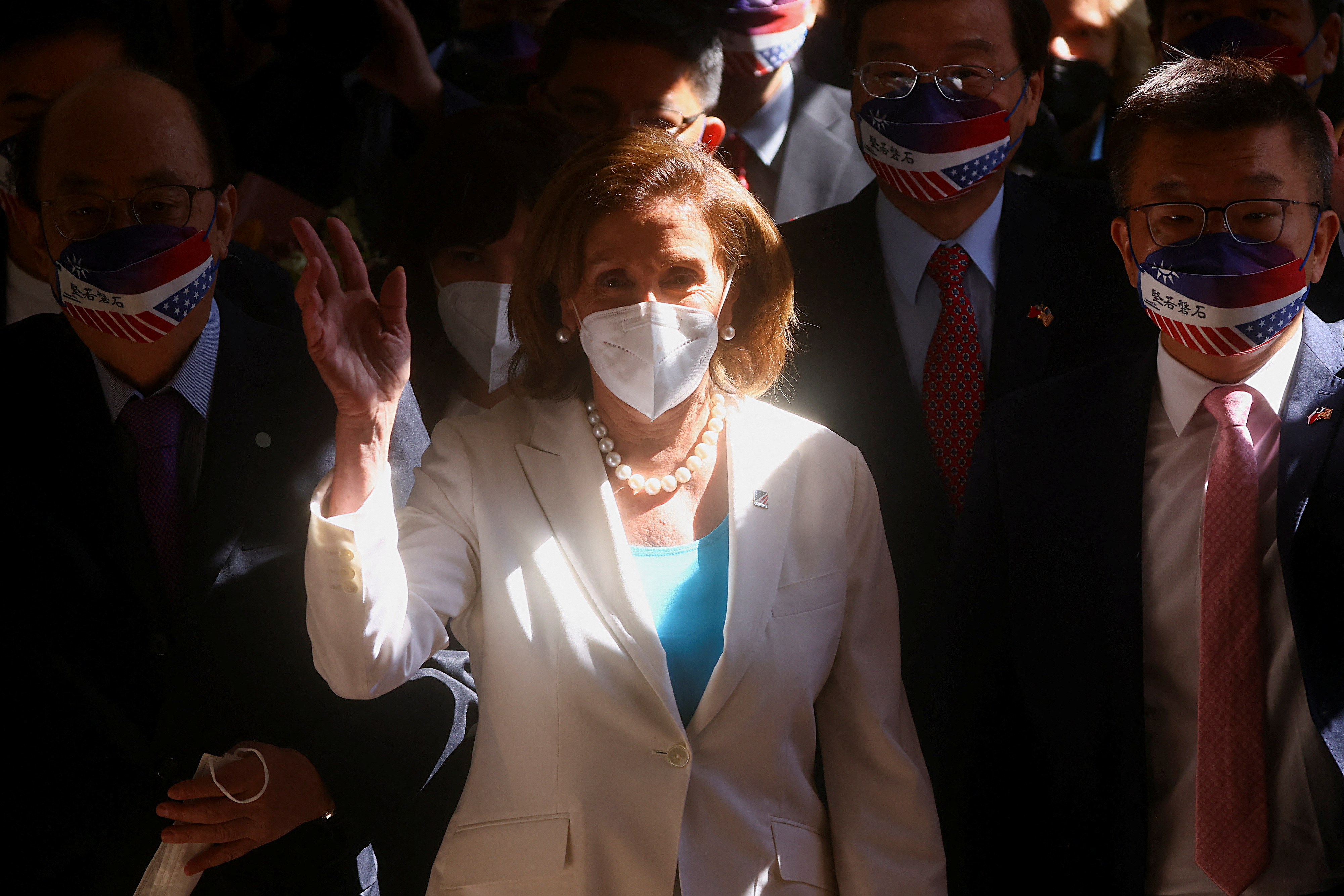No respite from the slow-motion US-China collision

I recently attended the China Development Forum (CDF) in Beijing, an annual gathering of senior foreign business leaders, academics, former policymakers, and top Chinese officials. This year's conference was the first to be held in person since 2019, and it offered Western observers the opportunity to meet China's new senior leadership, including new Premier Li Qiang.
The event also offered Li his first opportunity to engage with foreign representatives since taking office. While much has been said about Chinese President Xi Jinping appointing close loyalists to crucial positions within the Communist Party of China and the government, our discussions with Li and other high-ranking Chinese officials offered a more nuanced view of their policies and leadership style.
Prior to becoming premier in March, Li served as the CPC secretary in Shanghai. As an economic reformer and proponent of private entrepreneurship, he played a crucial role in convincing Tesla to build a mega-factory in the city. During the Covid-19 pandemic, he enforced Xi's strict zero-Covid policy and oversaw a two-month lockdown of Shanghai.
Fortunately for Li, he was rewarded for his loyalty and not made into a scapegoat for the policy's failure. His close relationship with Xi also enabled him to convince the Chinese president to reverse the zero-Covid restrictions overnight when the policy proved to be unsustainable. During our meeting, Li reiterated China's commitment to "reform and opening up," a message that other Chinese leaders also conveyed.
Li's remarkable wit contrasted sharply with the more reserved demeanour of former Premier Li Keqiang, whom we met in earlier years when he was premier. During our meeting, he made Apple CEO Tim Cook laugh out loud by attributing his joyful mood to the viral video of Cook being applauded by crowds during his visit to an Apple store in Beijing. He even joked about a video of US lawmakers grilling TikTok CEO Shou Zi Chew, which had also gone viral that week. Unlike Cook, he noted, the beleaguered TikTok boss was not smiling during his congressional hearing. Li's joke included an implicit warning that although US firms are still welcome in China, the Chinese government can play hardball if its firms and interests are treated harshly in the United States.
Li's veiled threat captures the current Chinese attitude toward the US. Although senior economic policymakers in China often talk about opening up, China's policies still prioritise security and control over reform. Qin Gang, China's new foreign minister, adopted a hawkish stance during his CDF address. Taking an implicit swipe at the US, Qin warned Western attendees that while China aims to maintain an open global trading regime, the country would respond forcefully to any attempt to drag it into a new cold war.
In a recent speech, US Treasury Secretary Janet Yellen sought to alleviate China's concerns that the US is trying to "contain" its rise and decouple from its economy. Recent American actions limiting trade with China, she clarified, were based on national-security concerns rather than an effort to hinder the country's economic growth.
But assuaging China will be difficult when the US is reportedly planning to introduce far-reaching restrictions on Chinese investments in the US and on US investments in China. To date, Chinese officials have not been receptive to Yellen and Secretary of State Antony Blinken's efforts to establish a dialogue on how to maximize cooperation, minimize areas of confrontation, and manage the two powers' escalating strategic competition and rivalry.
European Commission President Ursula von der Leyen recently gave a similarly pragmatic speech in which she argued that Europe should "focus on de-risking rather than decoupling" from China but also emphasised the many ways in which Chinese policies pose a threat to Europe and the West. Her speech was not well-received in Beijing, and she was effectively snubbed when she visited China with French President Emmanuel Macron in April, while the more accommodating Macron received a red-carpet welcome.
China is currently trying to drive a wedge between the European Union and the US. Given that EU-based companies have significant interests in China, many European CEOs attended the CDF, in contrast to the limited presence of American business leaders. And Macron's controversial comments during his visit in April, particularly his statement that Europe must not become a "vassal" of the US, suggested that the effort may have succeeded. But a subsequent G7 communiqué reaffirmed the West's stance on Taiwan and condemned China's aggressive policies toward the island, and China's tacit support of Russia's brutal invasion of Ukraine will likely deter Europe from succumbing to a charm offensive.
The run-up to the US presidential election, together with China's suspicion that the US is trying to contain its economic growth, will impede efforts to build trust and de-escalate tensions between the two countries. With both Democrats and Republicans competing to be seen as tough on China, the Sino-American cold war is likely to intensify, raising the risk of an eventual hot war over Taiwan.
Despite US officials' efforts to establish guardrails for strategic competition with China, and Chinese officials' insistence that they have no interest in economic decoupling, prospects for cooperation look increasingly remote. Fragmentation and decoupling are becoming the new normal, the two countries remain on a collision course, and a dangerous deepening of the ongoing "geopolitical depression" is all but inevitable.
Nouriel Roubini, Professor Emeritus of Economics at New York University's Stern School of Business, is Chief Economist at Atlas Capital Team, CEO of Roubini Macro Associates, Co-Founder of TheBoomBust.com, and author of MegaThreats: Ten Dangerous Trends That Imperil Our Future, and How to Survive Them (Little, Brown and Company, 2022).
Copyright: Project Syndicate, 2023.
www.project-syndicate.org




 For all latest news, follow The Daily Star's Google News channel.
For all latest news, follow The Daily Star's Google News channel. 




Comments